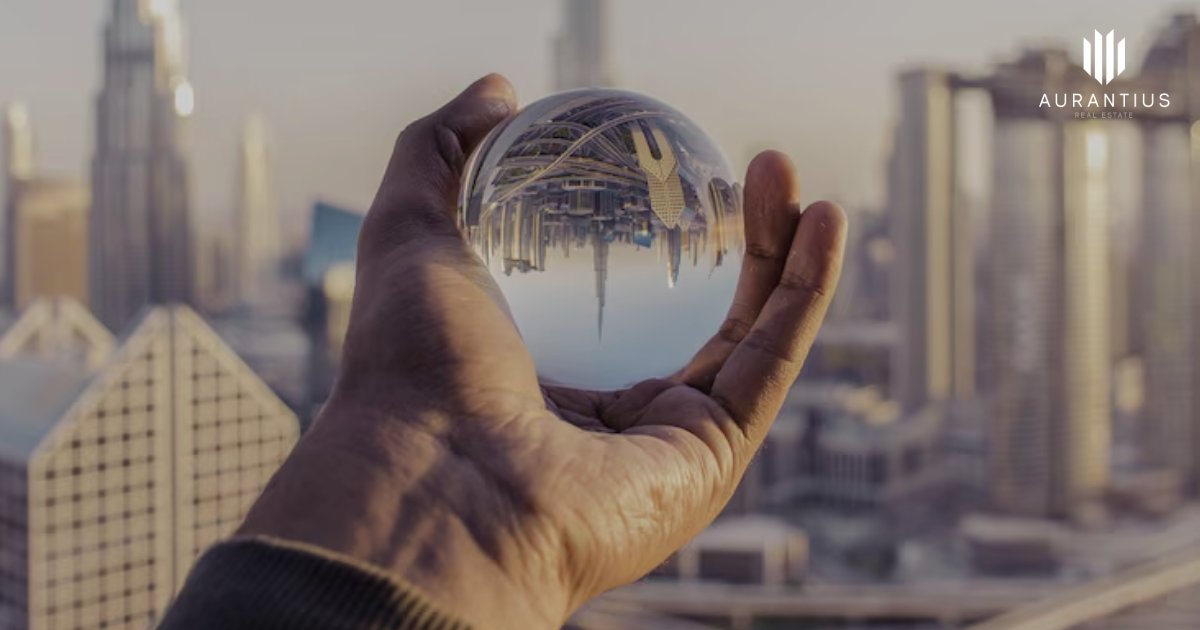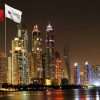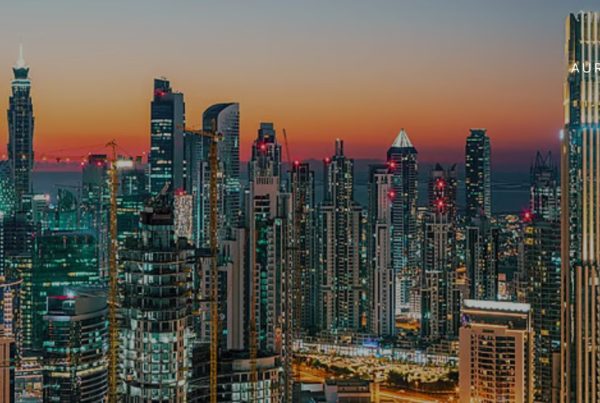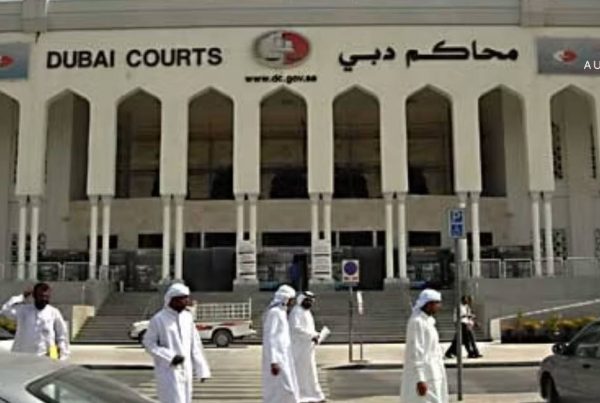Why Investors Choose Dubai Real Estate in 2025
Dubai remains one of the world’s most compelling property markets for individual investors thanks to clear tax advantages, straightforward ownership rights, and a pro-growth policy environment. For private buyers, there is no tax on rental income, no capital gains tax on resale, and no annual property tax. That makes net yields easier to predict and improves long-term total returns. The only significant, one-time government levy at purchase is the Dubai Land Department (DLD) transfer fee of 4%, plus standard conveyancing and agency costs.
Full Foreign Ownership in Freehold Zones
Foreigners can acquire 100% freehold title in designated zones such as Dubai Marina, Downtown Dubai, Palm Jumeirah, Business Bay, Jumeirah Village Circle, and many others. Freehold title means you can sell, lease, gift, or bequeath the property without restrictions. Title is recorded with the DLD and backed by a secure digital registry, adding transparency and confidence for international buyers.
High, Tax-Free Rental Yields
Dubai’s gross rental yields are among the highest of major global cities. In 2025, stabilized apartments in mid-market communities commonly achieve 6%–9% gross depending on building quality, location, and service charges. Villas typically yield slightly less—but can appreciate strongly in established family districts. Because individuals are not taxed on rental income, a 7% gross yield may translate to attractive net returns even after service charges, community fees, and management costs.
Residency Pathways Tied to Property
Real estate can unlock long-term residency options. As of 2025, a property investment of AED 2 million+ may qualify an owner for a 10-year Golden Visa (conditions apply, including valuation, completion status, and—if mortgaged—minimum equity). There are also shorter-tenor investor visas at lower thresholds. These frameworks make it simpler for global professionals, retirees, and entrepreneurs to base themselves—and their families—in the UAE.
Market Performance and Structural Tailwinds
2025 has delivered record transaction volumes and values, underpinned by population growth, sustained foreign inflows, and an expanding pipeline of livable, well-planned communities. Investor confidence is also supported by world-class infrastructure, strong rule of law, and business-friendly systems. For many buyers, Dubai provides both a lifestyle upgrade and a durable store of value in a hard-currency, globally connected hub.
Off-Plan vs. Ready: How to Decide
Off-plan (under-construction) properties attract investors with staged payment plans, lower entry prices in some sub-markets, and access to brand-new amenities. They can offer meaningful capital appreciation from launch to handover—provided the project, location, and developer quality are sound. Ready (completed) homes suit buyers seeking immediate occupancy or cash flow. With ready assets, you can verify finishes, inspect the community, and start renting quickly. In 2025, both segments are active, with off-plan commanding a larger share of total transactions due to developer launches across diverse price bands.
Typical Costs to Budget
While the UAE does not impose recurring property taxes on individuals, investors should plan for standard purchase and ownership costs:
- DLD transfer fee: 4% (one-time).
- Title issuance / registration: modest administrative fees.
- Agency commission: typically ~2% on secondary sales; can vary on developer sales.
- Conveyancing / Oqood (off-plan): developer and registration charges may apply.
- Service charges: annual community/maintenance fees based on building and facilities.
- Mortgage costs (if financing): valuation fee, arrangement fee, life/property insurance.
- Leasing costs (if renting out): property management, marketing, and Ejari registration.
Practical Buying Steps (For Individuals)
1) Define your goal (yield, lifestyle, or mixed). 2) Shortlist locations and buildings by budget, service-charge level, and tenant demand. 3) For off-plan, vet the developer’s track record, escrow compliance, and build timeline. 4) For ready units, inspect the property and review owners’ association documents and recent service-charge schedules. 5) Confirm all project approvals and payment terms, then reserve and proceed to SPA (sale and purchase agreement). 6) Transfer funds via compliant channels, complete DLD transfer/registration, and—if applicable—apply for your residency visa.
Risk Management & Due Diligence
Despite robust fundamentals, smart underwriting still matters. Focus on micro-location (walkability, access, future infrastructure), build quality (façade, MEP, elevators), service-charge discipline, and tenant liquidity (who rents here, at what price, and how fast). For off-plan, review escrow safeguards, construction progress milestones, and developer disclosures. Model realistic rents and vacancy, not best-case scenarios. If using leverage, stress-test cash flows for rate resets or brief void periods. Conservative underwriting preserves net returns across cycles.
Who Benefits Most
Dubai suits investors seeking tax-efficient income, hard-currency assets, and optionality on residency. Yield-focused buyers often prefer mid-market apartments near employment nodes. Lifestyle buyers lean toward established villa communities or premium waterfront addresses. Long-term holders benefit from compounding rent growth and strategic reinvestment, while active investors may rotate among launches to capture off-plan appreciation.
Bottom Line
In 2025, Dubai offers a rare combination: no income/capital gains/property taxes for individuals, 100% freehold rights in major zones, high rental yields, and credible residency pathways—set against a backdrop of strong infrastructure and global connectivity. Add record market depth and transparent digital registration, and you have a compelling case for both income and long-term capital growth. As always, align property choice with your strategy, budget for one-time DLD and recurring service charges, and conduct rigorous due diligence. Done right, Dubai real estate can be a resilient, income-producing, and lifestyle-enhancing cornerstone of a global portfolio.










